EU chief diplomat visits Gaza
EU foreign policy chief Catherine Ashton is in Gaza on Sunday.
Sunday, 18.07.2010.
10:36

EU foreign policy chief Catherine Ashton is in Gaza on Sunday. She will press for the further easing of Israel's blockade and talks about a possible European policing role in the opening of border crossings. EU chief diplomat visits Gaza On her second trip to the Hamas-controlled territory in four months, Ashton said she wanted Israel to further lift its four-year blockade of the enclave. "We've made it clear that we want to see the potential for the people of Gaza to live an ordinary life," Ashton told reporters in the West Bank town of Ramallah at a joint news conference with Palestinian Prime Minister Salam Fayyad. "There needs to be an opening of the crossings for both people and goods to flow in both directions." Ashton said the European Union was willing to send monitors to help operate the crossings, but they would have to have a clear role and work with the Western-backed Palestinian Authority, which Hamas drove out of Gaza in 2007. "At the moment that is not something that is on the table," she said. Israel has agreed to relax its economic and political embargo on goods entering Gaza. The move comes after international outrage over an Israeli raid on a Gaza-bound aid flotilla in May, which left nine Turkish activists dead. European governments have urged Israel to increase the number of crossing points and ease restrictions on the movement of people. Israel says it now blocks only weapons and goods that could be put to military use. But the limited opening has drawn criticism from the Palestinians and rights groups. "What we have today is 75 percent less [volume of traffic] than what we had in the first half of 2007... That's not what we are looking for," Fayyad told reporters. "The economy of Gaza cannot be sustained only by importation, there needs to be exports." In Gaza, Ashton is set to visit a summer camp and school run by the United Nations Relief and Works Agency for Palestine Refugees (UNWRA). She will also visit local businesses that are partially financed by the EU. On Sunday, she is set to meet Israeli Prime Minister Benjamin Netanyahu as well as Foreign Minister Avigdor Lieberman and Defense Minister Ehud Barak before further visits to Palestinian Authority leaders on Monday. Ashton was not due to meet with officials from Hamas, which is on US and EU lists of terrorist organizations. Israel began the blockade in June 2006 after a soldier was captured by Gaza militants and tightened restrictions a year later, when elections brought Hamas to power. Germany has also expressed its disapproval of rumors in the Israeli press that Lieberman might officially divide the Palestinian territories of Gaza and the West Bank. The two regions effectively have different governments already, although Gaza is officially accountable to the administration of Palestinian President Mahmoud Abbas. "We do not want the idea of a Palestinian state to be threatened by establishing different states or regions, by separating them, dividing them, or perhaps pitting them against one another politically," German Foreign Minister Guido Westerwelle said, speaking at an OSCE conference in Kazakhstan on Saturday. "From our perspective that's not conducive to a lasting peace process... We want a safe, protected state of Israel, but also a safe and autonomous Palestinian state."
EU chief diplomat visits Gaza
On her second trip to the Hamas-controlled territory in four months, Ashton said she wanted Israel to further lift its four-year blockade of the enclave."We've made it clear that we want to see the potential for the people of Gaza to live an ordinary life," Ashton told reporters in the West Bank town of Ramallah at a joint news conference with Palestinian Prime Minister Salam Fayyad.
"There needs to be an opening of the crossings for both people and goods to flow in both directions."
Ashton said the European Union was willing to send monitors to help operate the crossings, but they would have to have a clear role and work with the Western-backed Palestinian Authority, which Hamas drove out of Gaza in 2007.
"At the moment that is not something that is on the table," she said.
Israel has agreed to relax its economic and political embargo on goods entering Gaza. The move comes after international outrage over an Israeli raid on a Gaza-bound aid flotilla in May, which left nine Turkish activists dead.
European governments have urged Israel to increase the number of crossing points and ease restrictions on the movement of people.
Israel says it now blocks only weapons and goods that could be put to military use.
But the limited opening has drawn criticism from the Palestinians and rights groups.
"What we have today is 75 percent less [volume of traffic] than what we had in the first half of 2007... That's not what we are looking for," Fayyad told reporters. "The economy of Gaza cannot be sustained only by importation, there needs to be exports."
In Gaza, Ashton is set to visit a summer camp and school run by the United Nations Relief and Works Agency for Palestine Refugees (UNWRA). She will also visit local businesses that are partially financed by the EU.
On Sunday, she is set to meet Israeli Prime Minister Benjamin Netanyahu as well as Foreign Minister Avigdor Lieberman and Defense Minister Ehud Barak before further visits to Palestinian Authority leaders on Monday.
Ashton was not due to meet with officials from Hamas, which is on US and EU lists of terrorist organizations.
Israel began the blockade in June 2006 after a soldier was captured by Gaza militants and tightened restrictions a year later, when elections brought Hamas to power.
Germany has also expressed its disapproval of rumors in the Israeli press that Lieberman might officially divide the Palestinian territories of Gaza and the West Bank. The two regions effectively have different governments already, although Gaza is officially accountable to the administration of Palestinian President Mahmoud Abbas.
"We do not want the idea of a Palestinian state to be threatened by establishing different states or regions, by separating them, dividing them, or perhaps pitting them against one another politically," German Foreign Minister Guido Westerwelle said, speaking at an OSCE conference in Kazakhstan on Saturday.
"From our perspective that's not conducive to a lasting peace process... We want a safe, protected state of Israel, but also a safe and autonomous Palestinian state."




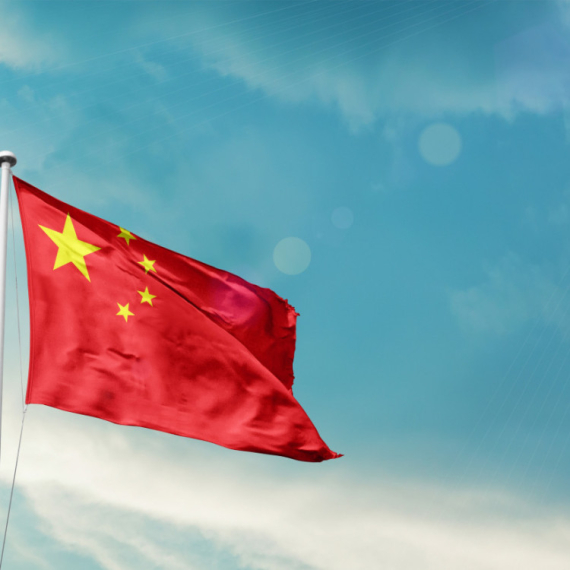






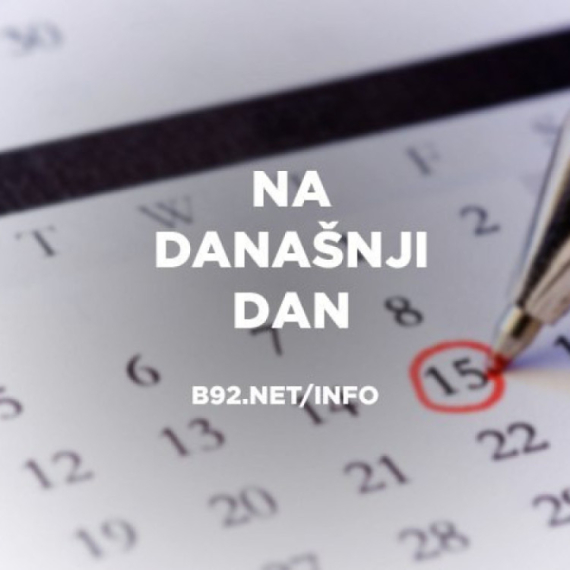
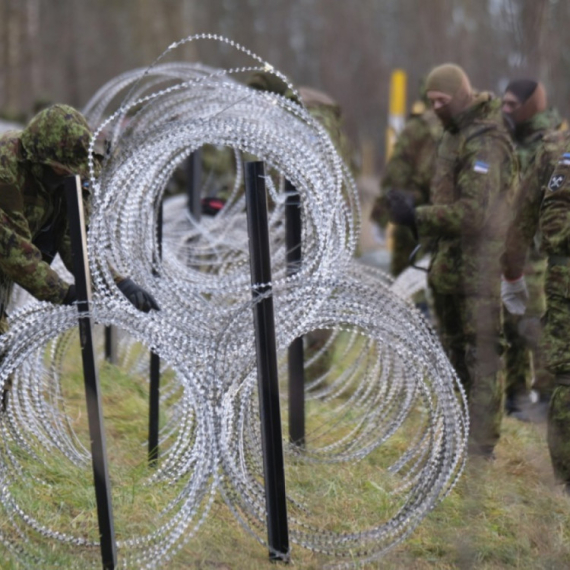

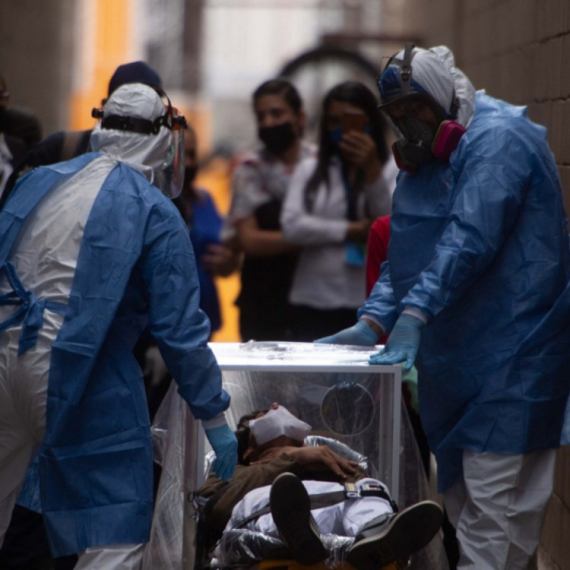
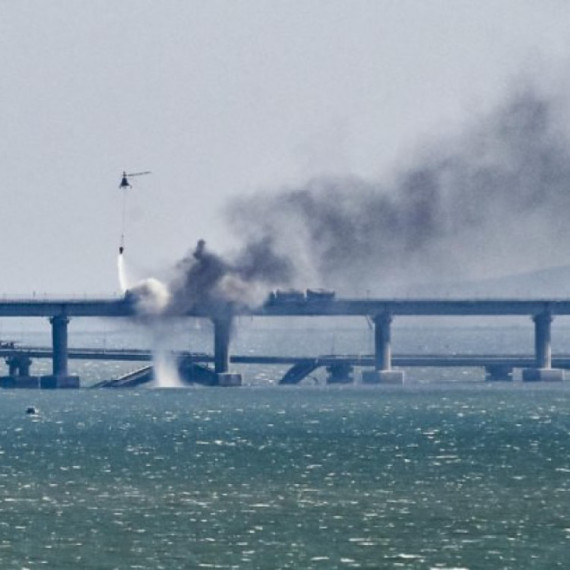
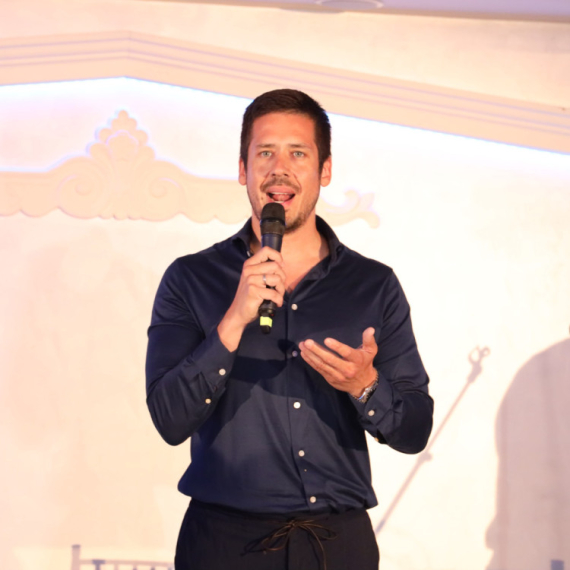
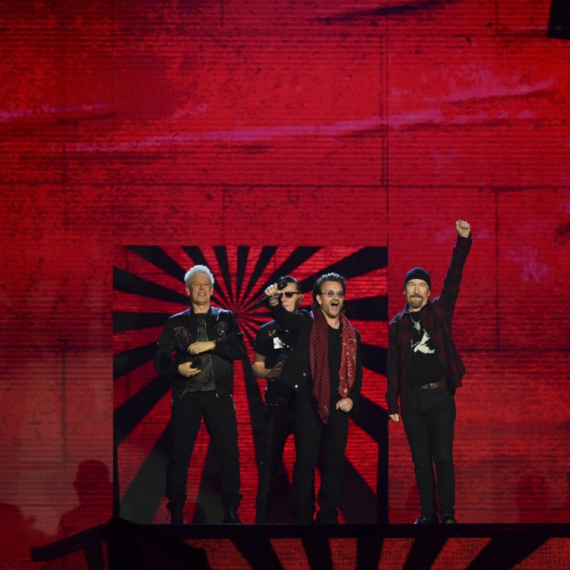

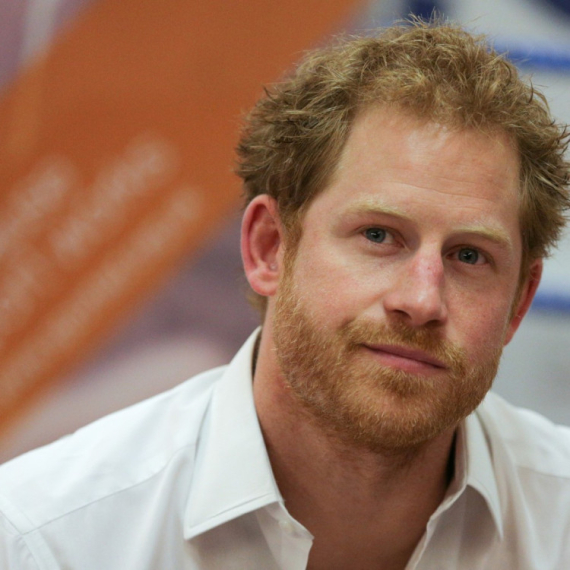


























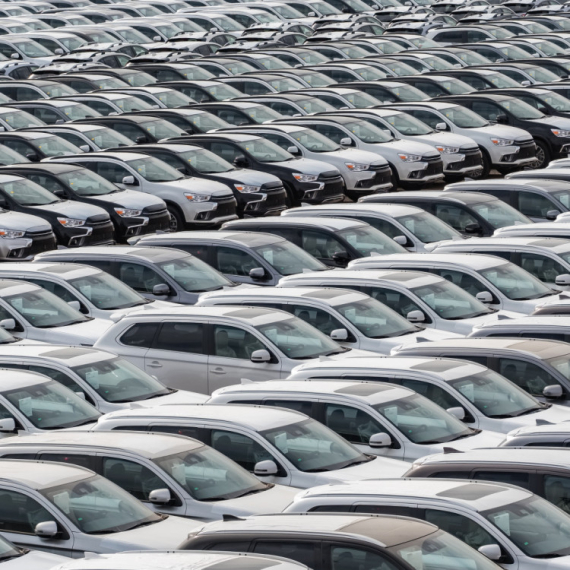




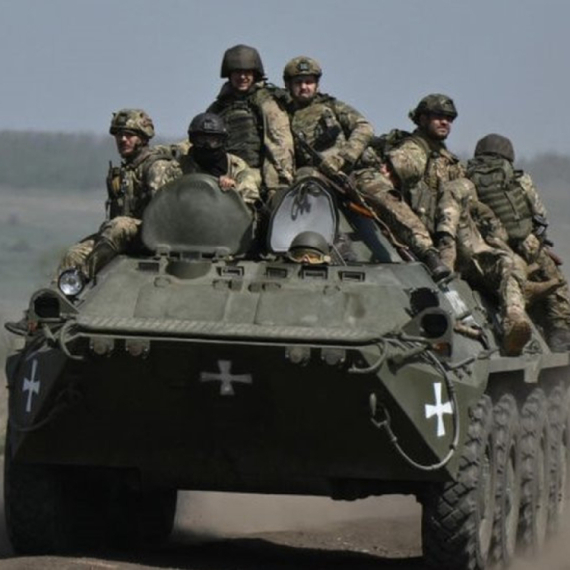
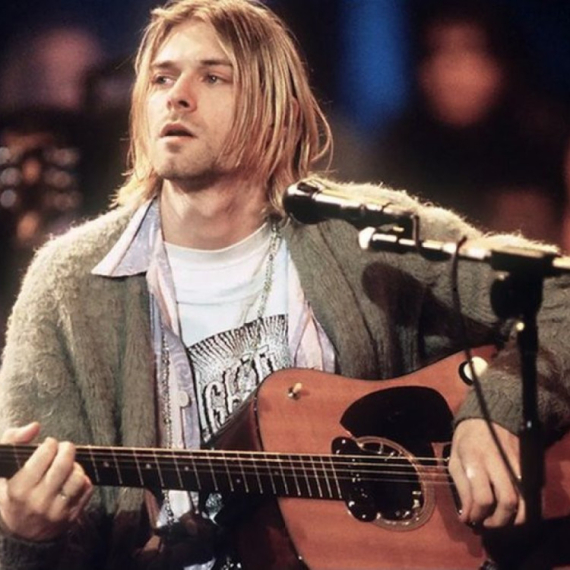
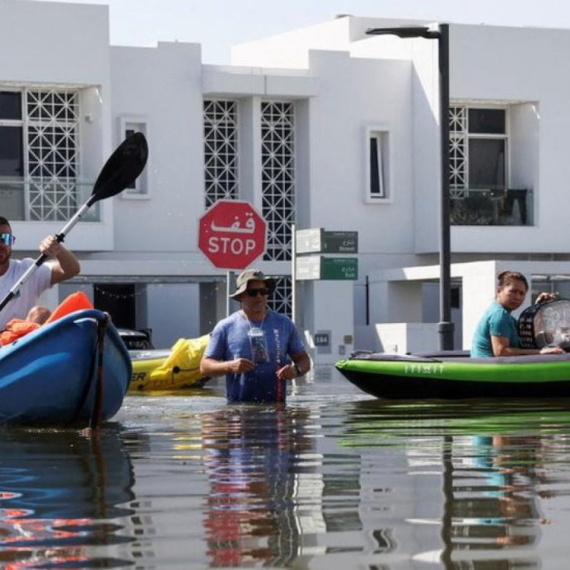



Komentari 0